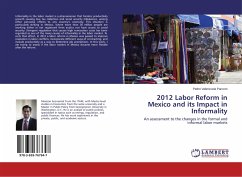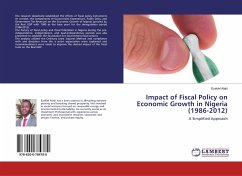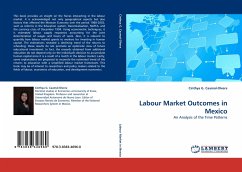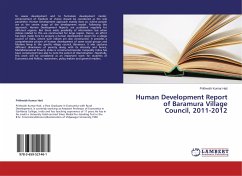Informality in the labor market is a phenomenon that hinders productivity growth causing low tax collection and social security imbalances, among other pervasive effects to any country's economy. This situation is particularly striking in Mexico, where more than 30 million people are working either in not registered firms and/or not have access to social security. Stringent regulation that causes high transaction costs has been regarded as one of the many causes of informality in the labor market. To curb that effect, in 2012 a labor reform in Mexico was passed to improve resolution in labor conflicts, incorporate different ways of contracting, and include productivity as a way to determine job promotions. In this work, I am trying to assess if the labor market in Mexico became more flexible after the reform.








